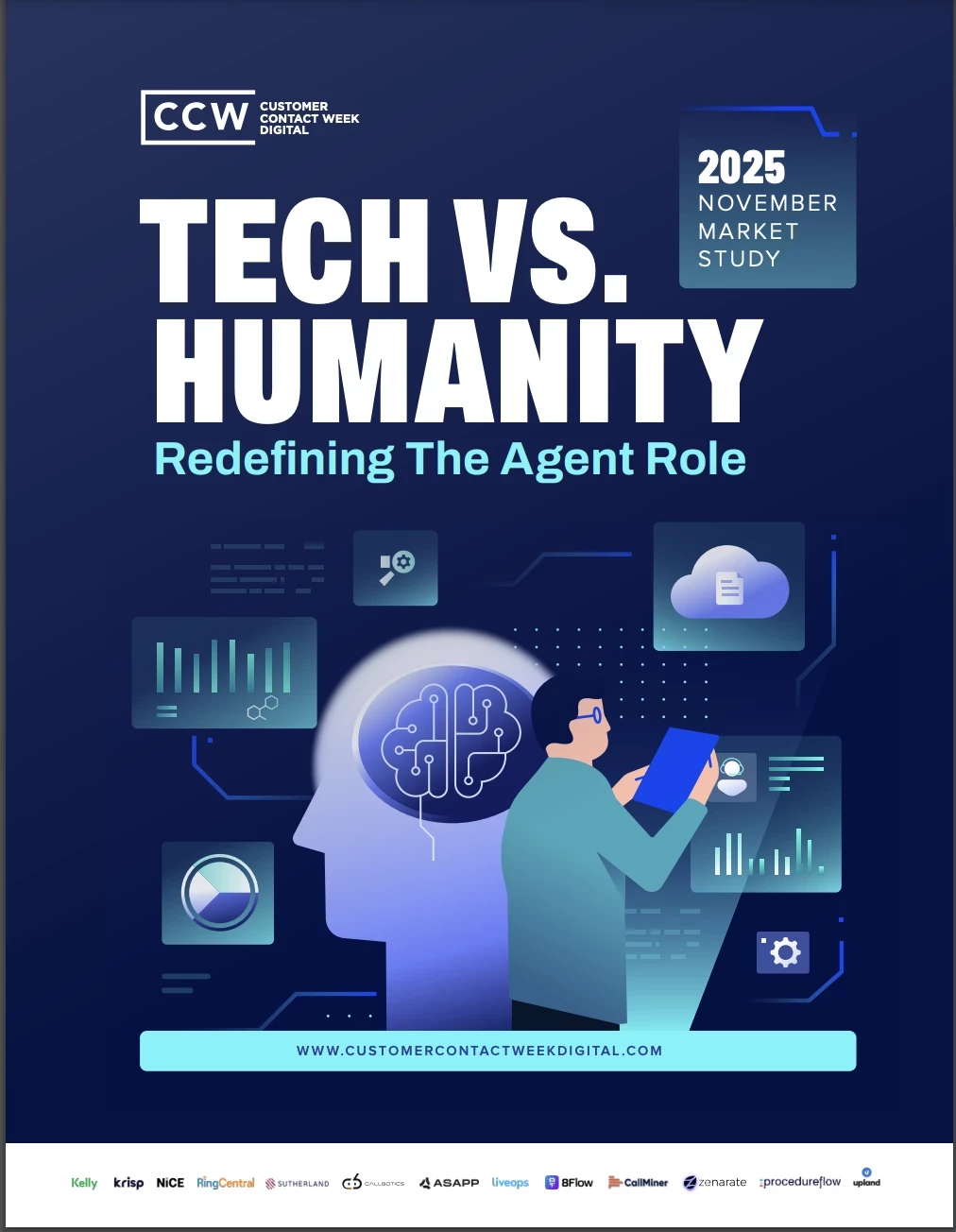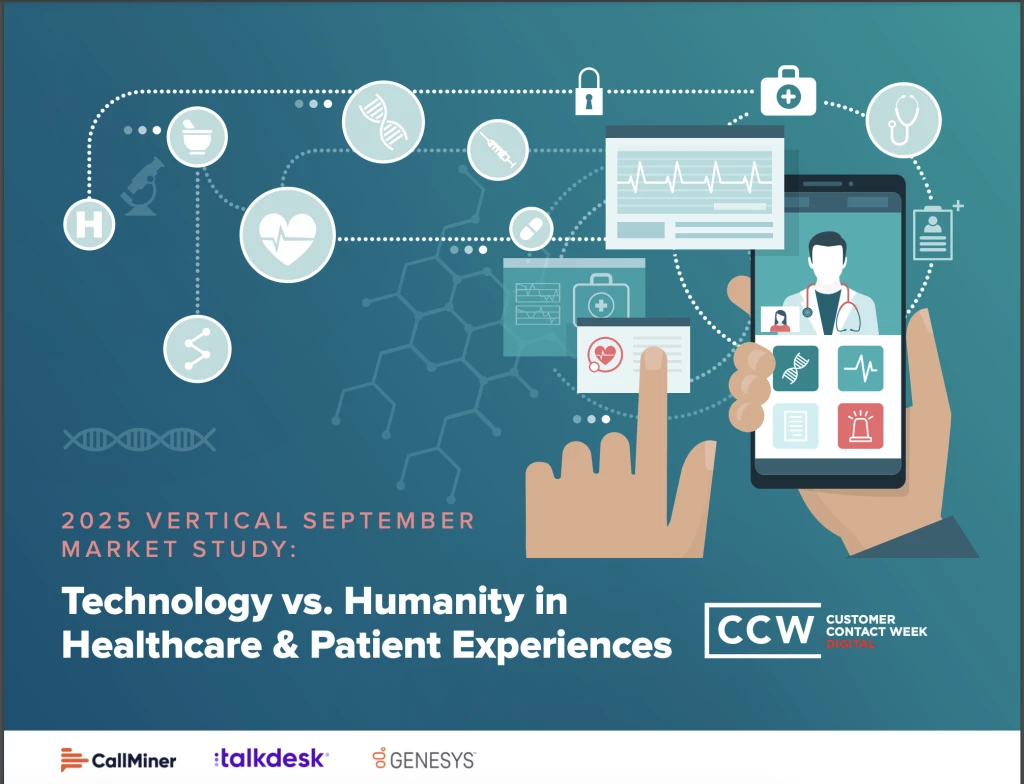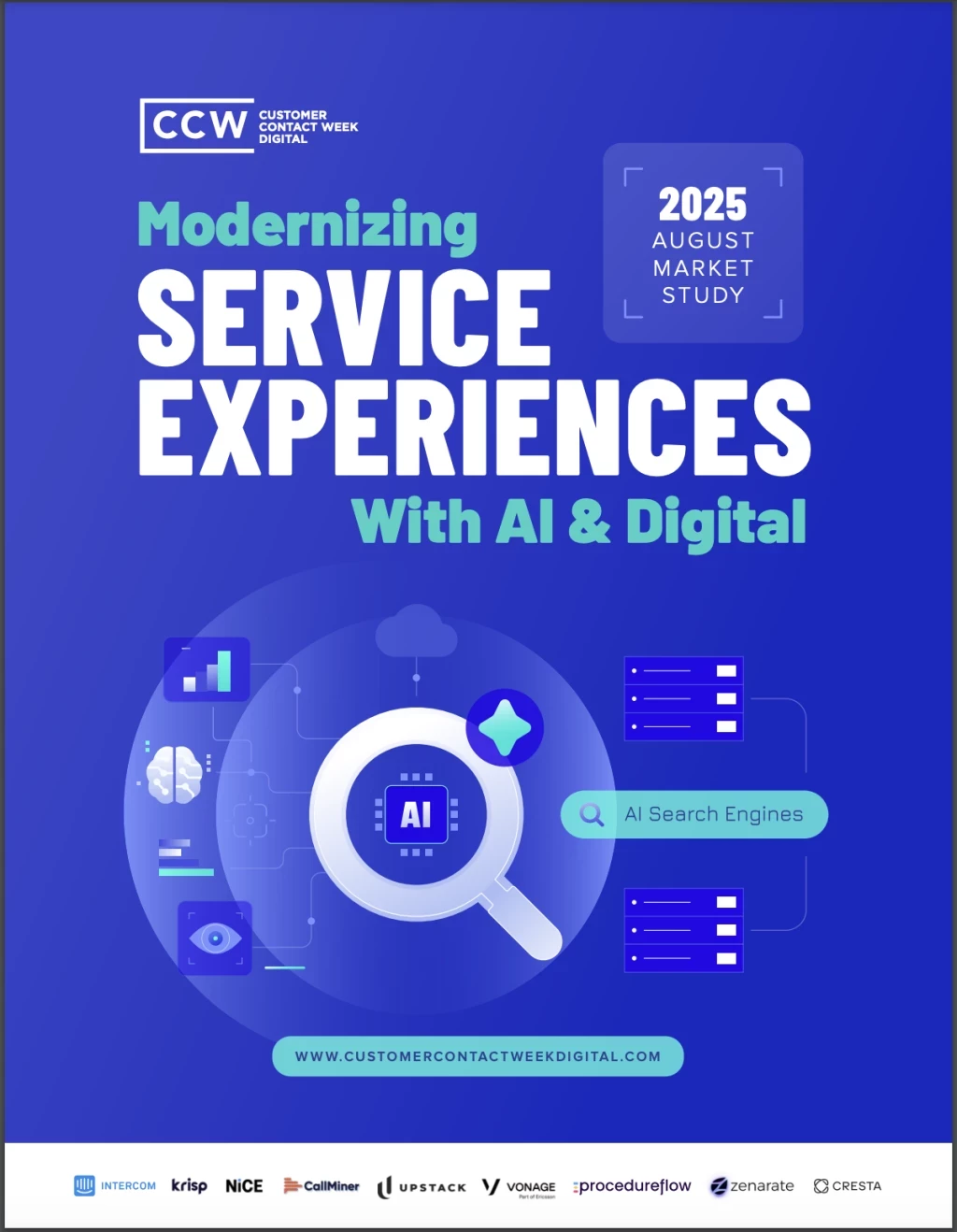Conversational AI vs. Conversation Intelligence: What You Need To Know
Add bookmark
It’s easy to confuse conversational AI with conversation intelligence (CI), and that’s perfectly understandable given their similar functions. After all, both technologies rely on cutting-edge artificial intelligence to facilitate dynamic, natural language conversations.
However, it’s important to note that these are two distinct technologies that serve different purposes. Put simply, conversational AI offers real-time voice or text assistance for people, while conversation intelligence analyzes conversations to uncover valuable insights and trends that can enhance future interactions.
That said, there is some level of correlation between both concepts. Let’s delve deeper into these similarities and differences.
Conversational AI: Powering Conversations
Conversational AI is an artificial intelligence technology that enables machines to understand and respond to human input in natural language. It is widely used in chatbots to deliver efficient, seamless customer experiences. By offering instantaneous responses to inquiries, chatbots save customers time and effort that they could otherwise spend scrolling through long FAQ pages or waiting on hold.
Customers can now experience unparalleled convenience when interacting with businesses, making chatbots the go-to solution for different functions, such as customer engagement, marketing, and customer service. It can recognize and interpret user intent, provide personalized recommendations, and deliver relevant information, all within a conversational context.
Companies in various industries are leveraging conversational AI to automate routine tasks, improve customer engagement, and optimize operational efficiency.
Conversation Intelligence: Capturing Data for Insights

On the other hand, conversation intelligence (or simply CI) focuses on analyzing human conversations to gain insights and improve communication skills.
It is a data-driven approach that uses artificial intelligence and machine learning techniques to capture, transcribe, and analyze spoken conversations in real-time. By analyzing patterns, sentiment, keywords, and other contextual factors, CI can help individuals and organizations understand the dynamics of their conversations better. This sophisticated technology provides actionable insights that enhance customer experience, coaching strategies, agent performance, and overall business performance.
One of its common applications is identifying common issues customers face with your products or services. This data can be used to address these issues and elevate the overall customer experience, resulting in a competitive edge by offering superior customer service compared to rivals.
With conversation intelligence software, contact center managers and trainers are able to analyze each agent’s performance to identify areas that need improvement. By providing targeted training and coaching, these agents can provide top-notch service that sets a business apart from the competition.
Other areas where CI shines include the improvement of self-service options, identifying both customer and internal sentiment, and spotting opportunities for upselling and cross-selling.
Explosive Growth Ahead
The future looks bright for both technologies, which are expected to simultaneously grow at a rapid pace. Here are some predictions and outlook for the future of AI-powered conversations:
1. Companies and Customers Embrace AI-Powered Conversations
The general consensus among consumers regarding conversation AI, specifically smart chatbots, has been overwhelmingly positive. A staggering 71% of customers would rather utilize a chatbot to inquire about order status, while 67% would prefer the assistance of a chatbot when looking for products. The conversational AI adoption rate will reach 22.6% from 2023 to 2028, fueled by increasing demand to deliver AI-powered digital experiences along with an enhanced focus on increasing customer engagement and retention. The market for conversational AI, which encompasses chatbots and intelligent virtual assistants, is set to experience substantial growth. It’s projected to increase at a compound annual growth rate (CAGR) of 30.2%, with its overall size expected to reach $22.6 billion by 2024.Furthermore, experts predict the worldwide conversation artificial intelligence industry will expand and achieve a market worth of $32.6 billion by 2030.
2. Organizations Recognize Massive Conversation Intelligence Advantages
One of the biggest reasons why more businesses embrace CI is its capability to monitor and analyze 100% of customer interactions.This feature effectively overcomes issues and concerns associated with surveys, such as accuracy, bias, agent influence, and survey fatigue. Being able to track and evaluate all conversations results in more accurate insights with no room for error. With conversation intelligence, organizations and contact centers gain high-quality insights that allow them to effectively optimize both customer and employee experience, improve performance, increase sales, maintain compliance, and more.
Because of its advantages, the adoption of CI solutions will increase in the coming years. Valued at $21.8 billion in 2022, observers expect the global conversation intelligence market will reach $32.7 billion by 2028.
Conversational AI & Conversation Intelligence: Permanent Trends
As businesses continue to look for ways to improve customer experience and increase efficiency, conversational AI and CI will become permanent trends in the business landscape. These technologies offer a powerful way to engage with customers while also automating many of the manual tasks associated with customer service.
As these innovations become more advanced and accessible, they will eventually become staple tools that all companies use as part of their core operations. With conversational AI and conversation intelligence now firmly established as essential technologies, business leaders must ensure their organizations are taking full advantage.
Learn more about JustCall iQ here.































